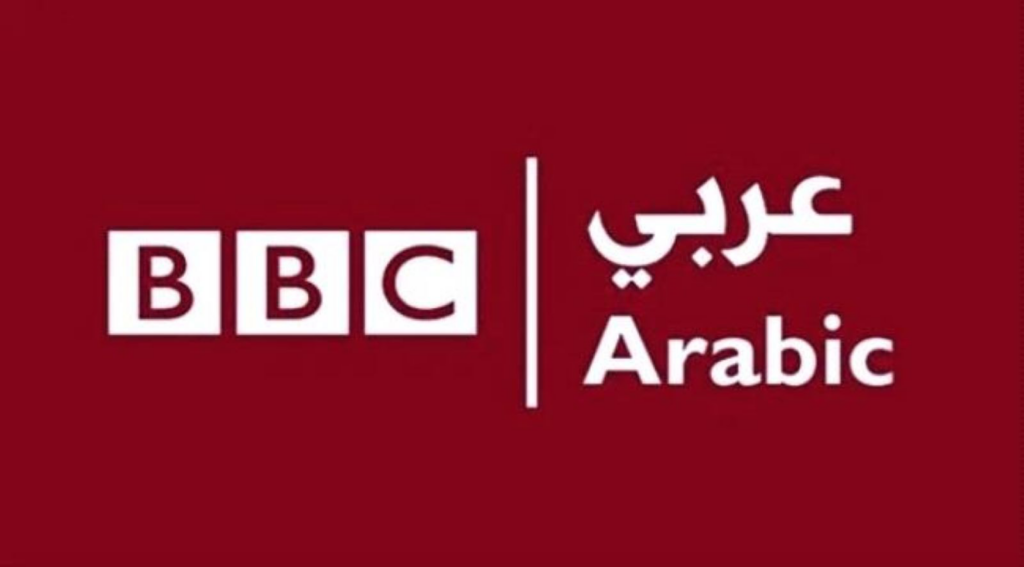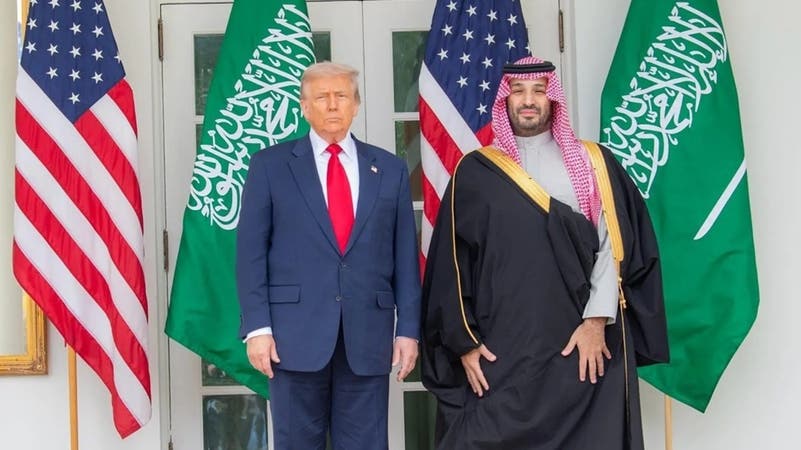After 84 years of service, BBC Arabic radio will disappear forever


The British Broadcasting Corporation “BBC”, the day before yesterday, Thursday, closed the Arab Radio after 84 years of service, as part of its plan to restructure and go to digital offers as a result of a financial crisis.
The authority said, in a statement, that 382 jobs are to be abolished under this decision, and the closure of “BBC Arabic” and “BBC Persian Radio”, noting that “inflation, high costs and the settlement of fixed cash license fees led to making difficult choices.” .
The BBC will continue to serve the World English Language globally as a 24-hour broadcaster, with new dates, programs and podcasts announced in due course.
This news sparked shock and earthquake in the world of radio waves directed to the Arab world, and many journalists considered the closure of this important media edifice as an irreparable loss.
The BBC said its international services need to save 28.5 million pounds ($31 million), as part of the broader annual savings of 500 million pounds as part of its bid to make the company a digital leader.
For her part, Director of the BBC World Service, Lillian Landor, said in media statements that “the role of the BBC has never been more important around the world than it is today,” noting that the network has won the trust of hundreds of millions of people. .
“The way the public accesses news and content is changing and the challenge of reaching and engaging people around the world with quality, reliable journalism is growing.”
It is worth mentioning that the British Broadcasting Corporation has achieved a wide presence in the Arab region through various programs and news materials, as well as presenting them with the voices of the brightest media professionals who have made a prominent position in the Arab world.
The British Broadcasting Corporation was founded in 1922 under the name British Broadcasting Corporation and began broadcasting as a private radio company. In early 1927, the authority was transformed into a public company when the British government intervened to maintain the new media outlet.
The BBC relied on two sources of funding at the time, one from the British government in the form of an annual grant and the other from licensing fees for radio receivers. These fees persisted when television appeared in the United Kingdom and are still in place today.
=




